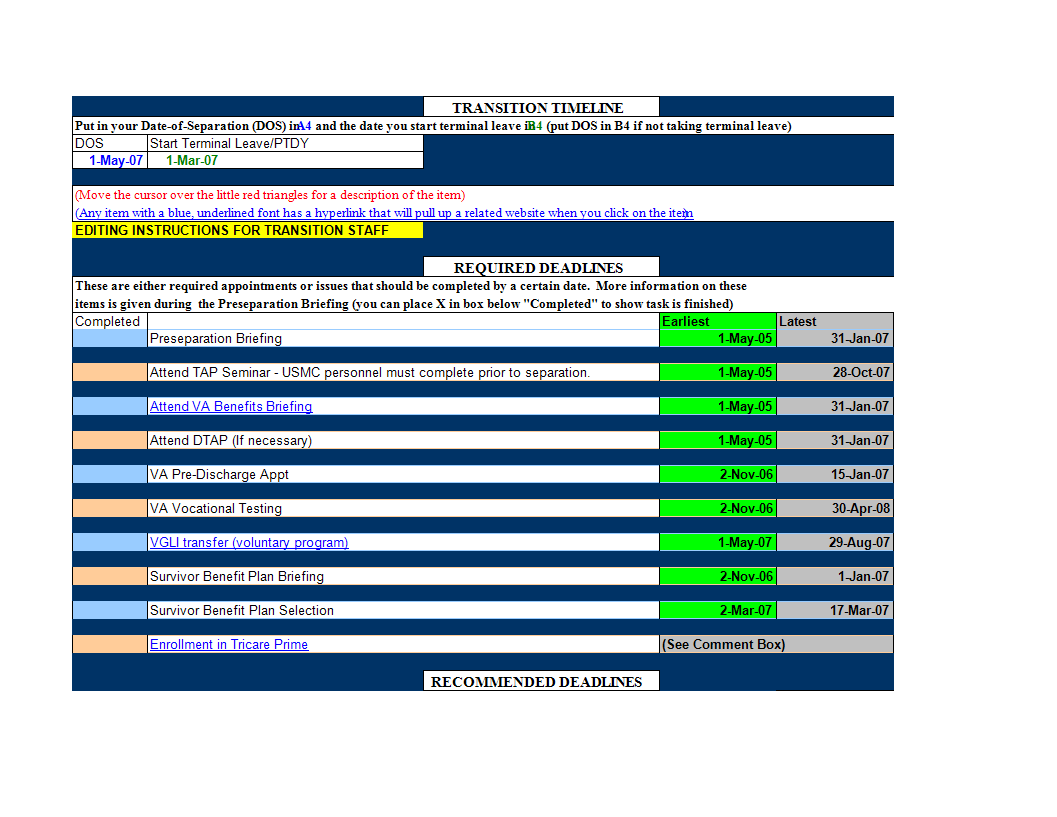
How Things Are: The New File Formats and How They’re Different If you lose the code, the program will no longer function properly. For example, our “Real Estate Investment Analysis” uses more than 12,000 lines of such code to provide menus, format reports, add/delete data records, and so on – functions that can’t be accomplished with simple spreadsheet formulas. Such code is typically essential for the functioning of a complex Excel-based program. You never saw it, but you know it was there because Excel would ask you if you wanted to enable the macros.


Workbooks are collections of worksheets, sometimes accompanied by built-in programming code called “macros.” Templates are a special kind of workbook.

How Things Were: Two Key Facts to Remember So – let’s begin with by comparing the file types in the old Excel vs. We’re writing these posts with users of RealData software in mind – particularly users of our more sophisticated Excel-based products like “Real Estate Investment Analysis,” “On Schedule” and “Commercial/Industrial Development” – but we feel strongly that it’s information all Excel users should have. This will be the first of what may be several posts on the RealData blog where we try to address what we feel are some of critical changes you need to know about in Excel 2007 so that you can use it successfully. Many of these changes have implications that are not always obvious to the user and, from our point of view at least, are not always entirely welcome. With this new data structure came an array of new file types. It introduced an entirely new user interface, a new menu format called the “Ribbon,” enhanced security, and an entirely new data structure for its files. When Microsoft released Excel 2007 it deployed some of the most extensive changes to the product in many years.


 0 kommentar(er)
0 kommentar(er)
